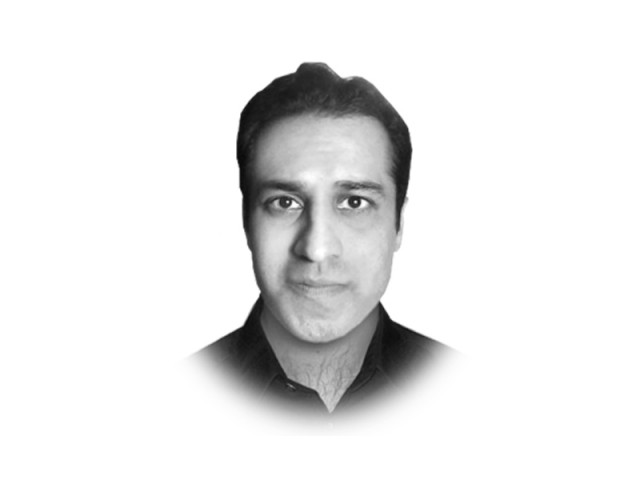
Notably, the party does well at providing what former US President George HW Bush called “the vision thing” — an overarching narrative and plan for the country. The PTI has made an effort to match that vision with a policy agenda and roadmap, with the most recent example being Asad Umar’s presentation of the PTI’s economic plan, which offered the bare bones of an economic policy, with the meat promised for later. While watching Umar’s presentation, I was hoping for an immediate opportunity to compare the PTI’s plan with those of its competitors.
Indeed, it might be a good idea for Pakistan to have formal, structured party leaders’ debates before the general elections this winter or spring. Such debates have taken place for decades in the US, which has a presidential system, and Canada, which has a parliamentary system. The benefit of national, televised party leaders’ debates is that it would provide a single opportunity to compare the overall vision and a wide range of policy ideas of Pakistan’s main political parties. It adds substance to the political debate and holds leaders to account in the same room, instead of allowing them to give speeches in isolation that all too often are a string of collected slogans and vague promises.
The format is not unfamiliar to Pakistan. In recent years, Geo News has broadcast a series called “The Great Debate”, which assembled a number of mid-to-senior level political leaders and commentators on stage to debate over a single issue. To ensure fairness and credibility, a private debates commission should be formed that includes representation from the private news channels and PTV. The commission would have complete authority over organising the debate format, rules, and content.
The most contentious issue would be who should participate in the debates. In the United States, this question is generally easy to answer given the two-party system, though the periodic emergence of a third party contender has tested the debates commission’s standards. Ross Perot, head of the upstart Reform Party, was included in the 1992 US presidential debates as he was on top of the polls for parts of the election season. But it was not without a fight. In Canada, upwards of five party leaders have participated in election debates. Some countries require a minimal level of parliamentary representation to be invited. But parliamentary representation as the sole determinant for invitation would exclude Imran Khan — whose party has no members currently serving in the assemblies though it does well today in public opinion surveys — as well as other parties that boycotted the 2008 elections.
Today, Pakistan has a hung parliament, though in the past it has moved in the direction of a two-party system. The emergence of the PML-Q and the PTI and the enduring strength of regional parties such as the ANP, the JUI-F, and the MQM, mean that Pakistan will be a multi-party system for some time. In total, there are dozens of political parties, but only a handful truly shape the national agenda. A debates commission would probably have to use both parliamentary representation and performance in public opinion polls to determine which parties should be invited. Of course, those not invited would cry foul, claiming a conspiracy against them. The commission would also have to be a bit flexible as to who it allows the PPP to represent itself, given that its chairman is ineligible for office and its co-chairman is the nation’s president. The MQM also has a unique situation of its own.
Imagine a single debate or a series of debates in which Nawaz Sharif, Imran Khan and others stand side by side and face questions on their economic, national security, and social development policies from leading journalists and members of the general public. As Pakistan seems to be like a vehicle stuck on neutral on a downhill slope, such a debate might give Pakistani voters a better vantage point at determining who’s best to command the country.
Published in The Express Tribune, August 30th, 2012.


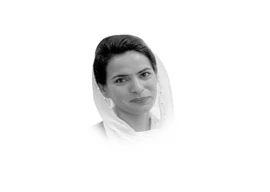
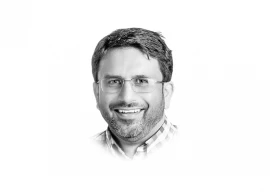
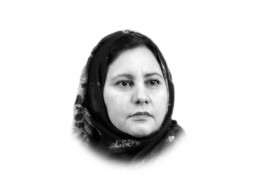

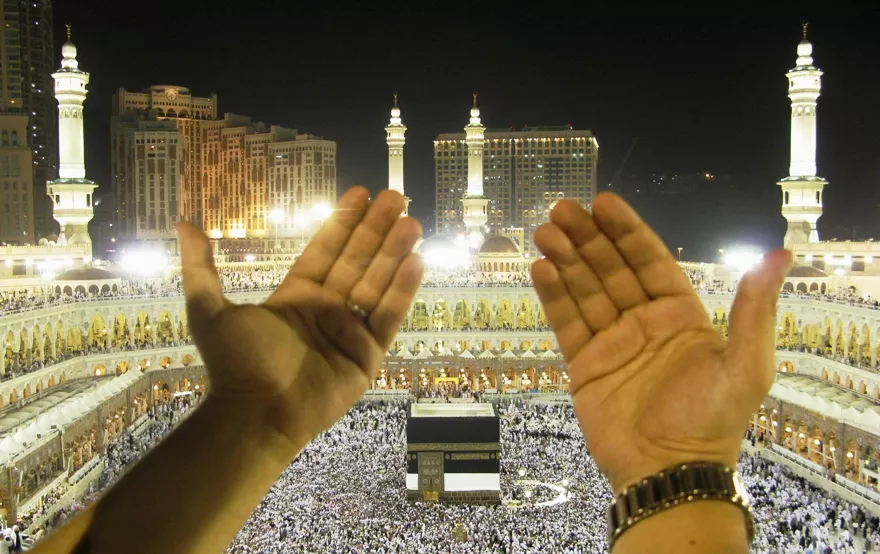

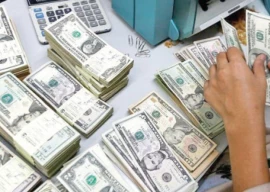





COMMENTS
Comments are moderated and generally will be posted if they are on-topic and not abusive.
For more information, please see our Comments FAQ